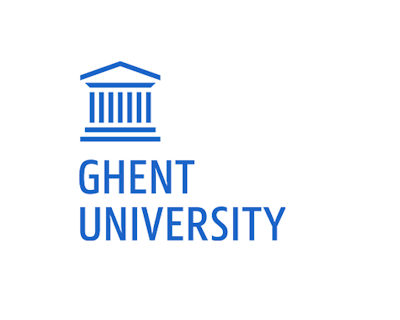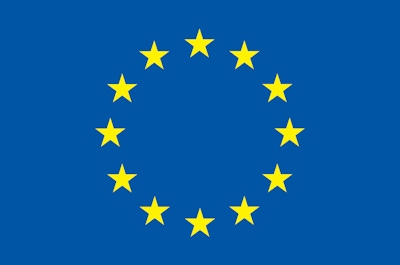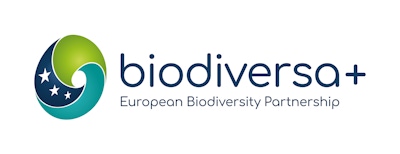TRANSNATURE
The governance of biodiversity represents a domain of research and policy-making that is crucial for addressing the causes of biodiversity loss. The mere designation of national protected areas is not sufficient to ensure conservation and has failed to stop biodiversity loss and degradation, inter alia because it does not adequately guarantee ecological connectivity and societal inclusion. Transboundary governance models for biodiversity conservation appear as alternative forms of conservation that respond to the needs of ensuring both a more effective management of biodiversity and the inclusion of different governmental and non-governmental actors and authorities. This approach includes different government levels and addresses power imbalances, with a view to realizing connectivity, the prevention of pollution, and the protection of wildlife.
TRANSNATURE will study examples of transboundary biodiversity protection in Europe. In particular, it will explore the extent to which:
transboundary conservation areas involve different types of managing authorities and stakeholders in effective governance mechanisms to enhance conservation;
the stratification of different governance mechanisms in the same natural areas, such as World Heritage sites, European Groupings of Territorial Cooperation (EGTCs), national management authorities, subnational authorities and indigenous and community conserved areas (ICCAs), trigger processes that strengthen biodiversity conservation, as well as the presence of cooperation or conflict resolution mechanisms; and
transboundary conservation areas may contribute to stop ecological degradation by improving the prevention of both cross-border pollution and transnational wildlife crime in the EU.
TRANSNATURE will analyze these issues in four case studies:
Prealpi Giulie Park and Triglavski Narodni Park (Italy/Slovenia);
EGTC ZASNET and the Transboundary Biosphere Reserve ‘Meseta Iberica’ (Spain-Portugal);
Baltic to Barents (Sweden-Norway-Finland); and
Westerschelde (The Netherlands-Belgium).
For each case study included in TRANSNATURE, data will be gathered through the combination of qualitative methods: Qualitative Document Analysis (QDA), including legal analysis, interviews, and focus groups.

On 10 January 2024, the TRANSNATURE consortium convened virtually to discuss, among other things, the research methodology of the project.

On 23 November 2023, the Arctic Centre at the University of Lapland presented the project to the participants of the meeting of the Vesiparliamentti in Tornio. Among the participants, there were high representatives of different local and national institutions, the Ministries of Agriculture of Sweden and Finland, the Director of Environment and Natural Resources of the Lapland Center for Economic Development (ELY) in Finland, the Norrbotten Regional Government, the Forestry and Park Services (Metsähällitus) in Finland, NGOs (ProSiika) from Finland, local fishermen, members of the Finish-Swedish Border Committee, as well as the Torniolaakso Committee.

On 28 November 2023, the TRANSNATURE consortium gathered to share insights from the stakeholders' meetings in the four study areas.
The TRANSNATURE team at Ghent University met with several representatives of the Scheldt Estuary in Belgium and the Netherlands.

On 9 November 2023, the Arctic Centre at the University of Lapland held their initial stakeholder engagement meeting with several stakeholders from Finland, Sweden and Norway, representing different authorities and Indigenous Peoples.

On 27 October 2023, the team at the Tarragona Centre for Environmental Law Studies gathered with important stakeholders from ZASNET EGCT - RBT Meseta Ibérica in Bragança, Portugal, to outline the key aspects of the project.

On 21 October 2023, the Eurac Research team convened with key stakeholders from Prealpi Giulie Park and Triglavski Narodni Park in Log pod Mangartom, Slovenia.

The TRANSNATURE project was kicked off on 27 March 2023 at Eurac Research, where participants of all partner institutions gathered to initiate discussions and collaborations.




